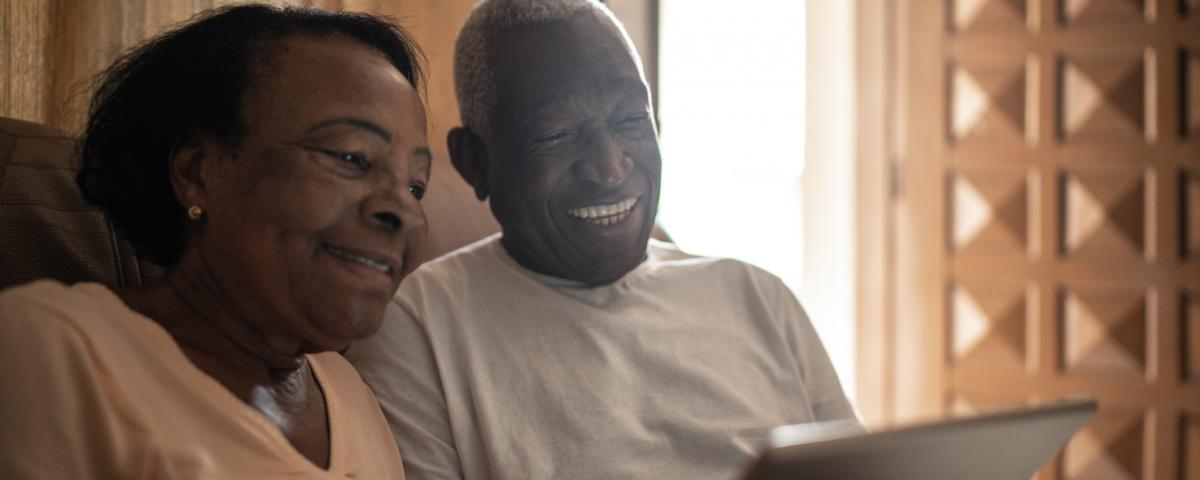
When the COVID-19 pandemic began in March, our communities were asked to help “flatten the curve” by staying home, avoiding crowds, washing our hands often and taking various other safety measures. Many of us changed our daily routines in ways we never imagined, hopeful that we would soon return to some level of “normal” again.
As hospitalizations eventually decreased and public restrictions were partially lifted, many people hoped normalcy was once again in sight. But across the country, including Colorado, Utah and western Kansas, we are now seeing record numbers of COVID-19 positive patients and hospitalizations, and many in our communities are feeling overwhelmed, worried and tired.
“Pandemic fatigue is real, and it is both emotional and physical fatigue,” explained Di Thompson, MD, Medical Director of Physician Wellness. “We initially thought this pandemic was going to be a marathon. Then it turned into an ultra-marathon. Now, it is so far beyond that and reserves are low. You can’t hold your breath for ten months. Now more than ever, we need to care for our own well-being.”
Although it is essential that we all do everything we can to slow the spread of COVID-19, such as by wearing a mask and avoiding gatherings outside of our household, it is also important that we take care of ourselves so that we are able to bring our best selves to our work and our homes each day.
Dr. Thompson recommends these tips to care for your whole health:
- Make connections and interact (virtually) with people. These connections and human interactions are so important to our emotional and spiritual wellness. Turn on your camera during meetings with your colleagues. Schedule virtual dinners and coffee with loved ones or attend a virtual exercise class. Because we so deeply want to make connections, it can be easy to try to rationalize small gatherings with friends and family. Craving these connections is normal, so acknowledge that feeling and then remind yourself of why we need to continue wearing masks and practicing social distancing.
- Check in with how you are feeling. Set a daily alarm on your phone to take a few minutes to check in with yourself and ask how you’re feeling. Are you caring for your mind, body and spirit by eating well, exercising and getting adequate rest? Are you protecting your health and safety by wearing your mask and staying home when possible? Check in with how you are feeling, make adjustments and seek support as needed.
- Accept your feelings. We are experiencing so many different emotions during the pandemic. Many of us are feeling grief, anger, fatigue, fear and sadness. This can take several forms. You may be grieving, perhaps, over a death of a loved one or a friend, or grieving missed events and connections. It’s okay to grieve over a missed graduation party or long for family and friends that you can’t see right now. It’s normal to fear your family members getting sick. Acknowledge that you don’t always have to be a cheerleader and that it’s okay to take time to focus on your personal well-being. Slow down and take time to recharge.
- Acknowledge the holidays will look different this year. As we head into the holidays, Dr. Thompson recommends mentally preparing yourself for what will not be the traditional holiday season. “This is not going to be your storybook Christmas. Recognize that and don’t try to make your holidays something that they can’t be right now,” she explains. “Think about what you can do with the tools you have. Make phone calls, give creative or homemade gifts to people, send video clips of your favorite holiday memories and discover other venues to make the season merry, albeit in a in a new and different way.”
Defeating the pandemic requires ongoing effort from all of us to follow basic, time-tested personal interventions to fight the virus, including wearing masks when around others, maintaining safe social distancing and properly washing our hands.
By also taking the time to prioritize our personal health and wellbeing, we can help ensure we remain emotionally prepared for the challenges our communities will continue to face as we await distribution of a safe and effective vaccine.





